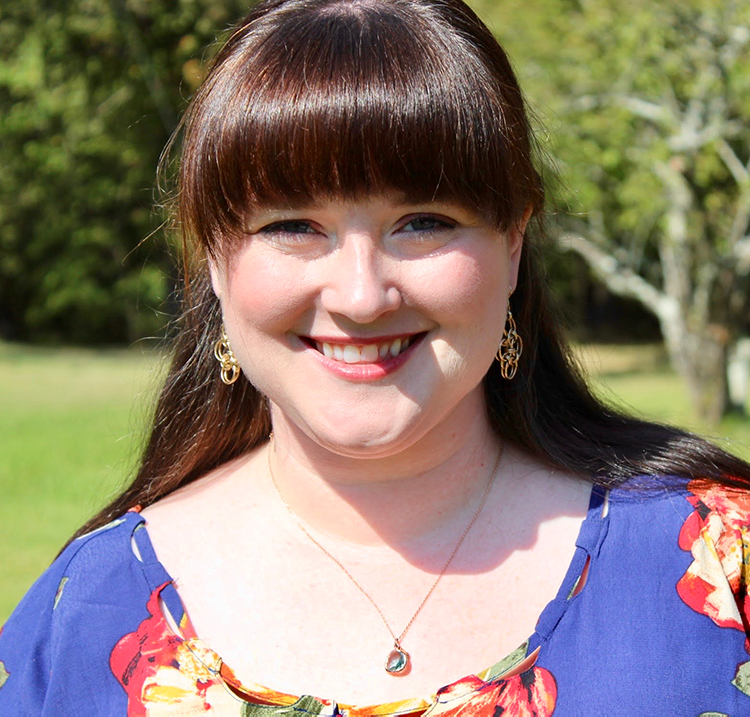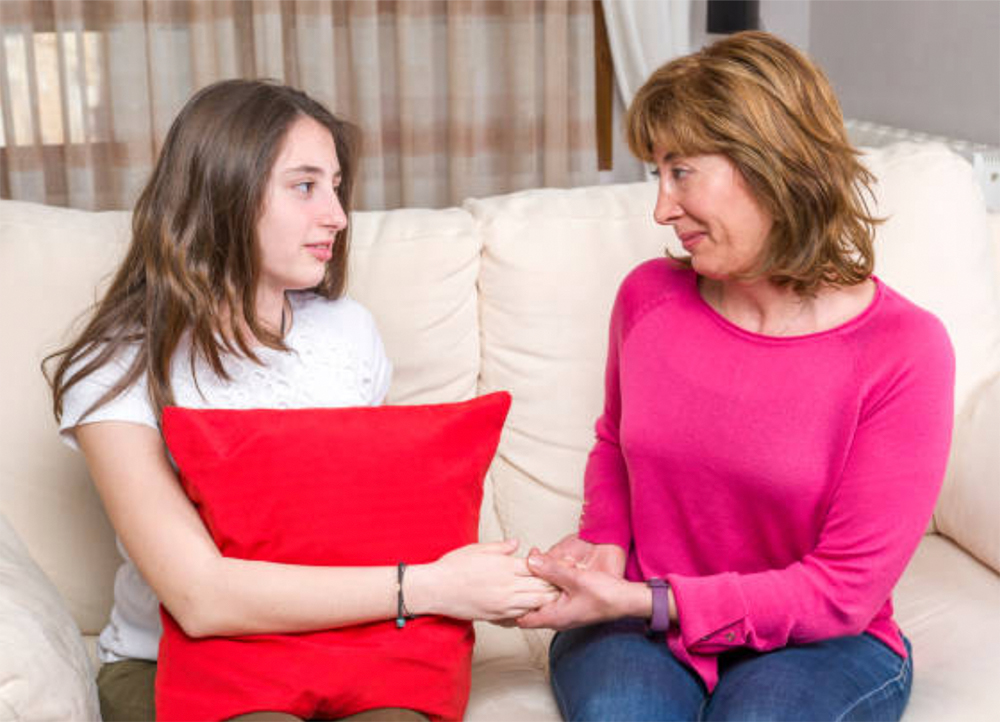By MANDY BUFKIN
The events of 2020 and 2021 have put a serious strain on everyone’s mental health. Now more than ever, your mental health is important. People feel isolated by COVID, divided by politics, and polarized as a nation. When we aren’t sure how to handle our own mental health needs as adults, it can be a struggle to approach our children about their mental health. However, it is not a conversation parents can delay.
According to the Mississippi Department of Mental Health, suicide is the third leading cause of death among young people ages 15-24 in Mississippi. With such a staggering statistic, parents must know how to approach tough topics with their kids.
October 10 is World Mental Health Day and is a day to bring awareness to this often-stigmatized topic. This day of recognition also provides an open door to approach the subject.
Allyson Young does this daily as a therapist at Methodist Children’s Homes of Mississippi. For parents wanting to open the door to a tough conversation, she says, “I think teenagers are pretty real. They know when you are being real and honest. For one, they need to know that you care and that you are going to be there for them. That’s there no judgment, and that you’re there genuinely to try to help them because you care about them. Being a teenager is hard.
“Give them the option to talk to a therapist. I’ve found that most times, they do. They want to talk to someone objective, someone outside of the issue that’s going on, to get some type of relief and understanding. Therapy can also be a great way to help them learn a new skill set, such as how to deal with stressful situations. Ultimately, it starts with that relationship and having a conversation.”
Of course, not all ages can tell you how they are feeling. “As a (younger) child, it’s a little bit different,” Allyson says. “There may be behavior issues as your red flag, and the child may not be able to yet verbalize what’s going on behind those behaviors.
“A cool thing about therapy is (that) I get to use play therapy, which really relaxes them. With a recent client, he told me he was nervous as he arrived. When he came into my office, he saw the balls and fidgets (and) he wasn’t nervous anymore. We started to play and get to know each other. Then, I was able to really start talking to him about helping him have a better day at school.”
Regardless of age, look for any signs of changed behaviors, such as being withdrawn, unusually hyperactive, or extremely emotional. Other signs to look out for may be unexplained physical illness such as a recurring stomachache or sore throat. These physical symptoms can be a sign of hidden anxiety or stress.
As a parent, make sure to keep an open line of communication about all areas of your child’s life. Always remind them that you are a safe person and that they can talk to you about how they are feeling. When your child confides in you, try to remain calm (even if you don’t feel calm). Overreacting, lecturing, or punishing your child for sharing their feelings can damage trust in the relationship.
If you think your child may need to speak with a mental health professional, contact Magnolia Youth Services, specializing in ages 3 to 21, at Methodist Children’s Homes of Mississippi. Contact admissions@mchms.org to schedule an appointment.

Mandy Bufkin is a Jackson native and Belhaven University alumna. As Director of Development at Methodist Children’s Homes of Mississippi, she oversees fundraising, marketing, volunteers and events. Outside of work, Mandy enjoys reading and spending time with her husband, Craig, and son, Ezra, at their home in Jackson.


